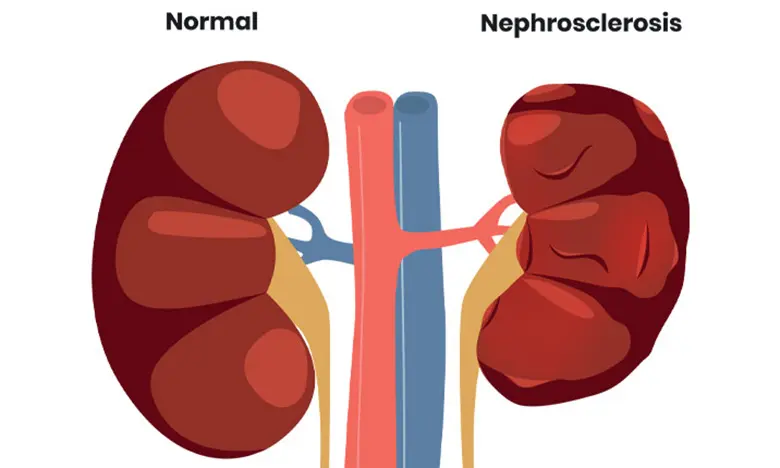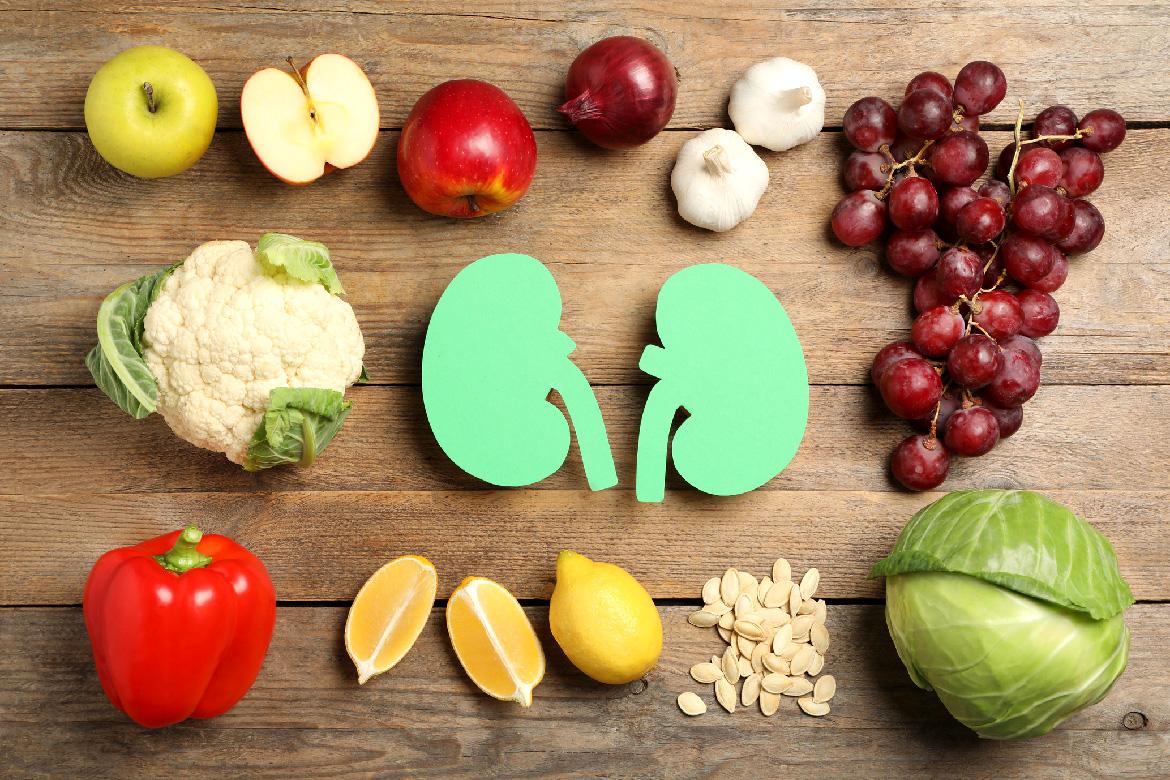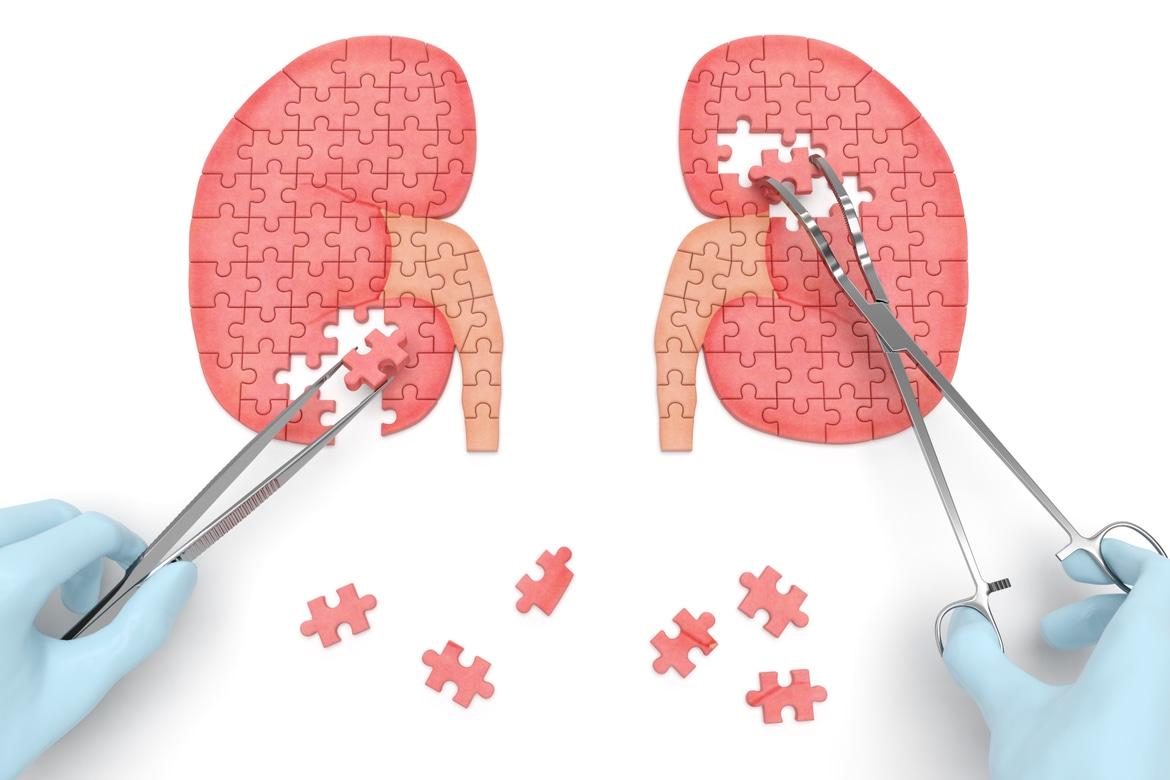Our nephrologists
Our kidney specialists customised treatment plans to restore kidney patients back to good renal health. We will go the extra mile to advise you on your test and treatment options and provide care for a safe and smooth recovery.
^Specialists may qualify to be on the Extended Panel (EP). You may enjoy selected panel benefits depending on your policy and riders.

Dr Nikam Milind Digamber
Renal Physician
Languages
English

Dr Teo Zui Chih (Rachel)
Renal Physician
Insurance Panel
HSBC Life, Prudential^, Singlife
Languages
English, Mandarin

Dr Srinivas Subramanian
Renal Physician
Insurance Panel
Great Eastern, HSBC Life, Prudential^, Singlife
Languages
English, Hindi, Tamil









